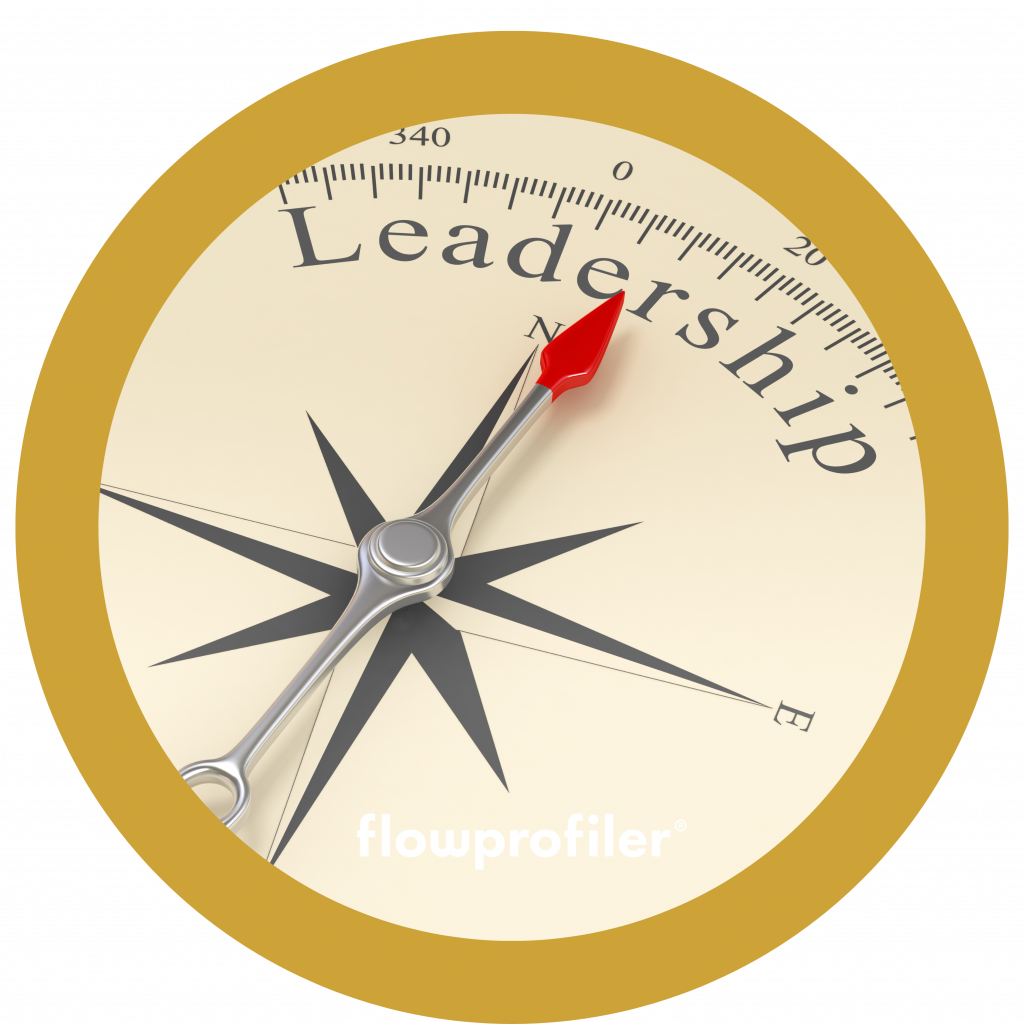Integrating Technical and Behavioural Competencies in Leadership Development: A Holistic Approach to High Performance

Leadership development programmes often prioritise the cultivation of technical skills, such as strategic thinking, financial analysis, and operational expertise. While these skills are essential, they are insufficient on their own to ensure sustained high performance. Over-reliance on technical expertise without incorporating key behavioural competencies, such as emotional regulation, adaptability, social awareness, resilience, and a growth mindset, can lead to significant downsides in leadership effectiveness. In this article we contends that leadership development must integrate both technical and behavioural competencies throughout the learning journey to ensure that leaders are equipped to navigate complex and dynamic environments effectively.
1. The Limitations of Technical Skills in Isolation
Technical skills are critical in leadership, particularly for understanding specific aspects of an organisation, managing resources, and making data-driven decisions. However, Katz (1955) argued that technical skills, while crucial for lower-level management, become less significant at higher leadership levels, where managing interpersonal dynamics and complex decision-making is paramount. For example, a leader may excel at budget management but struggle to inspire and guide a team without the necessary emotional and social competencies.
Goleman (1998) demonstrated that leaders with strong technical knowledge but low emotional intelligence—one of the most critical behavioural competencies—often struggle to manage teams effectively. Without emotional intelligence, technical expertise alone does not equip leaders to navigate conflicts, motivate employees, or foster the trust necessary for high performance. Leaders need behavioural competencies to complement their technical skills and build the interpersonal relationships that drive success.
2. The Role of Behavioural Competencies in Effective Leadership
Behavioural competencies are the soft skills that enable leaders to interact effectively with others and respond to challenges with resilience and adaptability. These competencies include emotional regulation, a growth mindset, social awareness, resilience, and assertiveness—all of which are essential for high performance in leadership roles. Leadership success is not only about applying technical knowledge but also about how leaders manage themselves and others in high-stress, high-stakes environments.
Emotional Regulation: Key to Managing High-Stress Situations
Emotional regulation, the ability to manage and respond appropriately to one’s emotions, is an essential behavioural competency for leadership. Leaders without emotional regulation may find that stress or frustration clouds their judgement, leading to impulsive decisions that could undermine the proper application of their technical skills.
Gross and John (2003) demonstrated that leaders who can regulate their emotions are more effective in crisis situations, as they can maintain clear thinking under pressure. This competency prevents poor decision-making, which could otherwise occur when emotional volatility disrupts rational thought processes.
Growth Mindset: Fuel for Continuous Improvement
A growth mindset, as defined by Dweck (2006), is the belief that abilities and intelligence can be developed through effort and learning. Leaders with a growth mindset are more likely to embrace challenges, see failures as opportunities for learning, and persist in the face of setbacks. This behavioural trait supports the continuous development of both technical and behavioural skills, ensuring that leaders remain adaptable and open to learning throughout their careers.
intelligence can be developed through effort and learning. Leaders with a growth mindset are more likely to embrace challenges, see failures as opportunities for learning, and persist in the face of setbacks. This behavioural trait supports the continuous development of both technical and behavioural skills, ensuring that leaders remain adaptable and open to learning throughout their careers.
Leaders with a growth mindset are more likely to encourage innovation and embrace new ideas, driving long-term organisational success. Dweck’s research shows that this mindset improves leaders’ ability to adapt and apply their technical skills effectively in changing environments.
Social Awareness: Navigating Team Dynamics
Social awareness, the ability to recognise and respond to the emotions and perspectives of others, is another crucial behavioural competency in leadership. Zenger and Folkman (2013) identified social awareness as a core competency that enables leaders to foster collaboration and loyalty within their teams. Leaders who lack social awareness may fail to build trust or recognise when their teams are struggling, which can lead to disengagement and reduced performance.
Without social awareness, even technically competent leaders may fail to navigate interpersonal dynamics, creating an environment of mistrust or miscommunication. This can lead to a disconnect between the leader and their team, undermining the leader’s ability to implement their technical expertise effectively.
Resilience and Adaptability: Essential for Navigating Change
Resilience and adaptability are critical behavioural competencies that allow leaders to persist through adversity and adjust to new circumstances. In today’s rapidly evolving business landscape, leaders who rely solely on technical expertise without being adaptable may resist necessary changes in strategy or fail to respond to evolving market conditions.
Yukl and Mahsud (2010) argue that adaptability is essential for leadership effectiveness, especially in dynamic environments where change is constant. Leaders who cannot adapt may become bottlenecks, preventing innovation and agility. Conversely, those who possess resilience and adaptability can recover from setbacks and steer their organisations through challenging periods.
Harland et al. (2005) found that resilience is particularly important in high-stress environments, where leaders must maintain focus and momentum in the face of adversity. Leaders who lack resilience may be overly risk-averse, limiting their capacity to apply technical skills to drive innovation or new initiatives.
3. The Synergy Between Technical Skills and Behavioural Competencies
For leadership development to be effective, technical and behavioural competencies must be developed in tandem. Boyatzis (1982) proposed that effective leaders possess a “cluster” of competencies that blend technical expertise with emotional and social intelligence. This synergy allows leaders to not only understand the technical aspects of their roles but also to inspire, motivate, and adapt to their teams and environments.
A leader with excellent technical skills but poor interpersonal skills may struggle to communicate effectively with their team or inspire collaboration, while a leader with strong behavioural skills but weak technical knowledge may struggle to make informed decisions. Thus, high performance is achieved when leaders possess both types of competencies and can apply them in a complementary manner.
communicate effectively with their team or inspire collaboration, while a leader with strong behavioural skills but weak technical knowledge may struggle to make informed decisions. Thus, high performance is achieved when leaders possess both types of competencies and can apply them in a complementary manner.
Research by Avolio (2007) demonstrated that leadership development programmes focusing exclusively on technical skills are incomplete. Programmes that integrate both technical and behavioural training produce leaders who are more adaptable, resilient, and successful in driving performance. This integrated approach ensures that leaders can not only execute their technical knowledge but also navigate the complex, human elements of leadership.
4. The Downsides of Neglecting Behavioural Competencies
The failure to develop behavioural competencies alongside technical skills can lead to significant negative consequences for leadership performance. Leaders who rely solely on their technical expertise without the ability to manage stress, adapt to change, or build strong interpersonal relationships may make poor decisions, fail to engage their teams, and ultimately undermine their own effectiveness. The failure to integrate technical and behavioural competencies in leadership development impedes the leaders performance.
For example, a technically proficient leader who lacks emotional regulation may make impulsive decisions under stress, leading to organisational missteps. A leader who lacks adaptability may resist necessary changes, stifling innovation and causing the organisation to fall behind competitors. In these cases, technical skills become a liability rather than an asset when not supported by the right behavioural traits.
Leadership development must integrate both technical and behavioural competencies throughout the learning journey to ensure leaders can perform at their highest potential. Technical skills provide the foundation for decision-making and operational success, but without the right behavioural competencies, such as emotional regulation, social awareness, resilience, adaptability, and a growth mindset, these skills cannot be effectively applied. By developing both sets of competencies, organisations give their leaders the best possible chance of driving sustained high performance.
flowprofiler® ‘s Leadership in flow series is purposefully created to support leaders develop key technical skills as well as the behavioural competencies that determine high performance. Integrating technical and behavioural competencies in leadership is made easy with flowprofiler®. Reach out to us at: hello@flowprofiler.com
Discover flowprofiler® ‘s unique attributes in this blog.
References
- Avolio, B. J. (2007). Promoting more integrative strategies for leadership theory-building. American Psychologist, 62(1), 25-33.
- Boyatzis, R. E. (1982). The competent manager: A model for effective performance. John Wiley & Sons.
- Dweck, C. S. (2006). Mindset: The new psychology of success. Random House.
- Fredrickson, B. L. (2009). Positivity: Groundbreaking research to release your inner optimist and thrive. Crown Publishing Group.
- Goleman, D. (1998). What makes a leader? Harvard Business Review, 76(6), 93-102.
- Gross, J. J., & John, O. P. (2003). Individual differences in two emotion regulation processes: Implications for affect, relationships, and well-being. Journal of Personality and Social Psychology, 85(2), 348-362.
- Harland, L., Harrison, W., Jones, J. R., & Reiter-Palmon, R. (2005). Leadership behaviours and subordinate resilience. Journal of Leadership & Organisational Studies, 11(2), 2-14.
- Katz, R. L. (1955). Skills of an effective administrator. Harvard Business Review, 33(1), 33-42.
- Yukl, G., & Mahsud, R. (2010). Why flexible and adaptive leadership is essential. Consulting Psychology Journal: Practice and Research, 62(2), 81-93.
- Zenger, J. H., & Folkman, J. (2013). What makes a great leader? Harvard Business Review, 91(6), 85-92.




